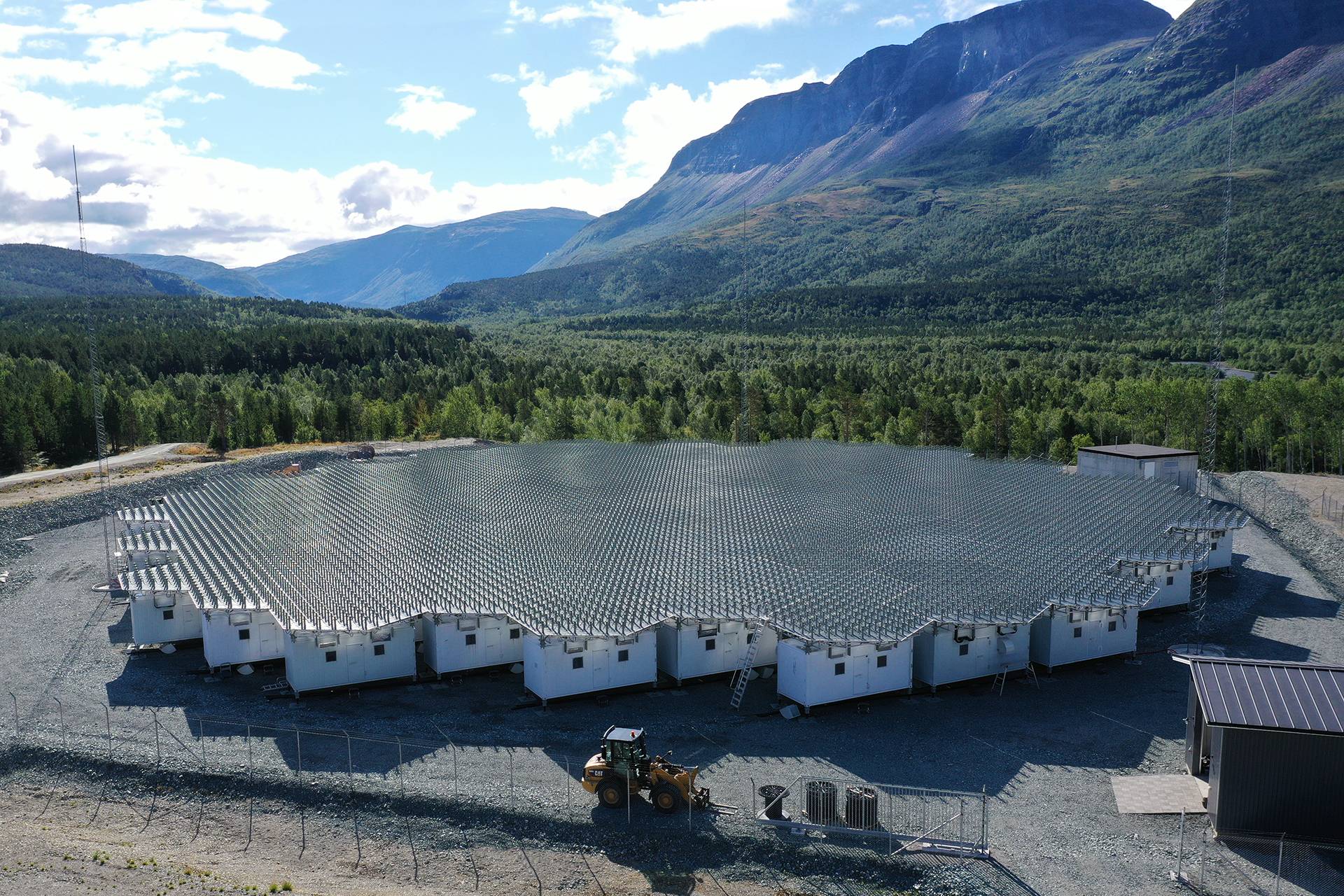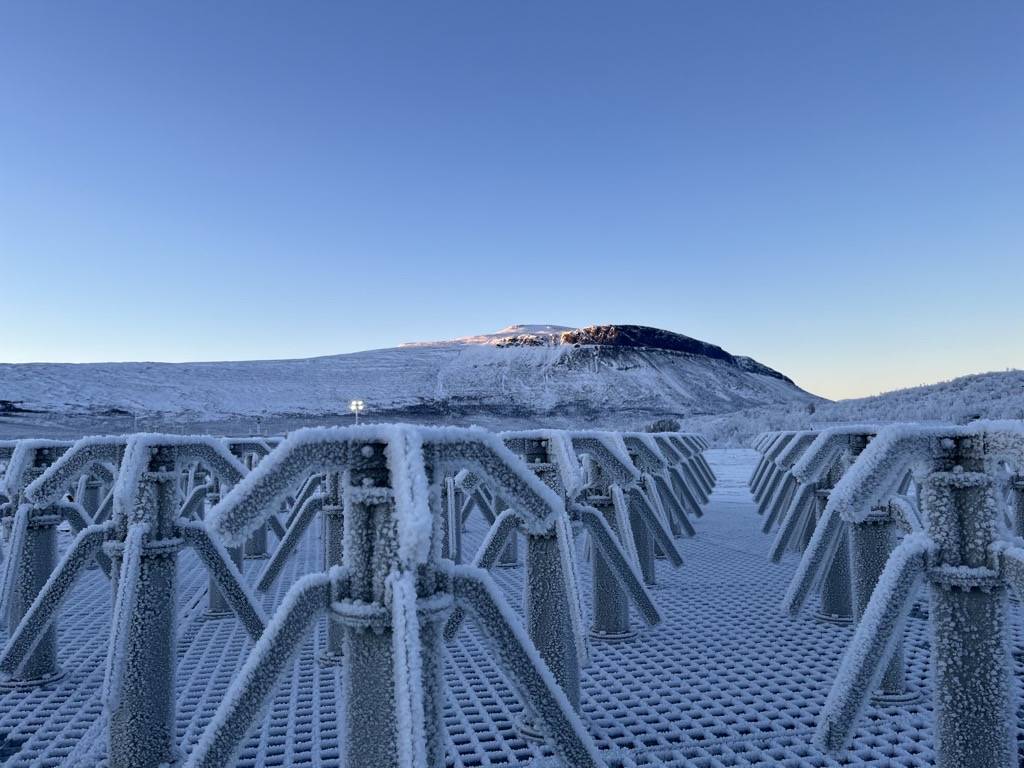Process for Requesting Incoherent Scatter Radar experiments
The global network of incoherent scatter radars (ISR) provides observations of fundamental properties of the atmosphere, ionosphere, and magnetosphere. Use of these radars is open to all qualified scientists, and the data are freely disseminated to a broad community of users for research and in the development and validation of models and instrumentation.
Radar observing time is allocated (1) to individuals or groups through either formal or informal requests to the institutions responsible for operating the facilities, and (2) for World Day observations coordinated through a plan developed annually by the URSI Incoherent Scatter Working Group (ISWG).
The high demand for ISR observations, in particular for extended and multi-radar operations, requires certain procedures to help ensure that the highest priority scientific research is addressed by the coordinated World Day schedule within the limits imposed by the cost and technical restrictions of ISR operations.
The process begins with the development of a baseline schedule of general-purpose experiments that fall within the operating constraints of the radars. The baseline World Day schedule for 2012 is available at 2012 WD schedule.
If you are planning extended duration and/or multiple facility ISR experiments, you should review this schedule carefully to determine whether your observational requirements can be met by the provisional baseline observations. If not, and if your experiment cannot be easily accommodated through requests to individual radar facilities, you will need to submit a proposal for additional or modified operations to the Chair of the ISWG (see below). Instructions for preparing your request can be seen in the sample proposal.
If you are unsure whether or not your experiment requires the submission of a proposal, please contact the ISWG Chair or any staff member of an ISR facility. The ISWG Chair will initiate an interactive review process, enabling experimenters to provide additional input or arguments as needed. Every effort will be made to accommodate all requests.
The ISWG will meet during the summer of each year to review all the proposals with the aid of external reviewers solicited by the Chair as appropriate. The group will then determine how the global network of ISRs can best satisfy the approved observational requests and will ensure that the experimental configurations, numbers of radars involved, time distribution and total time allocated are appropriate for the specified science goals. This process will normally take place at, or during, the annual CEDAR meeting. The proposer’s presence during this discussion is not required.
Please feel free to consult with any facility staff member for clarification on this new process for requesting ISR observing time within the World Day program.
Dr. Ingemar Häggström
+46 980 791 55
+46 70 321 20 83
ingemar.haggstrom@eiscat.se
Mary McCready
mary.mccready@sri.com
Chair, ISWG of URSI Commission G




